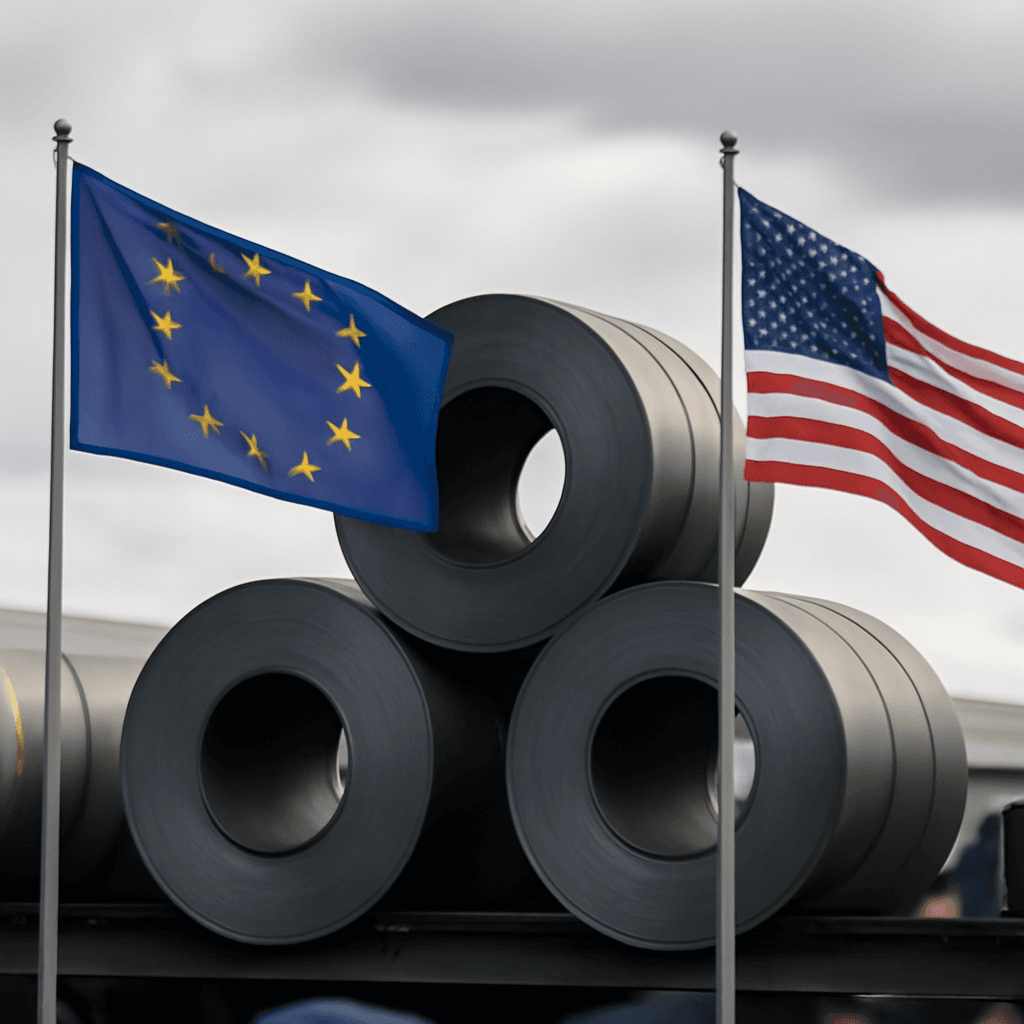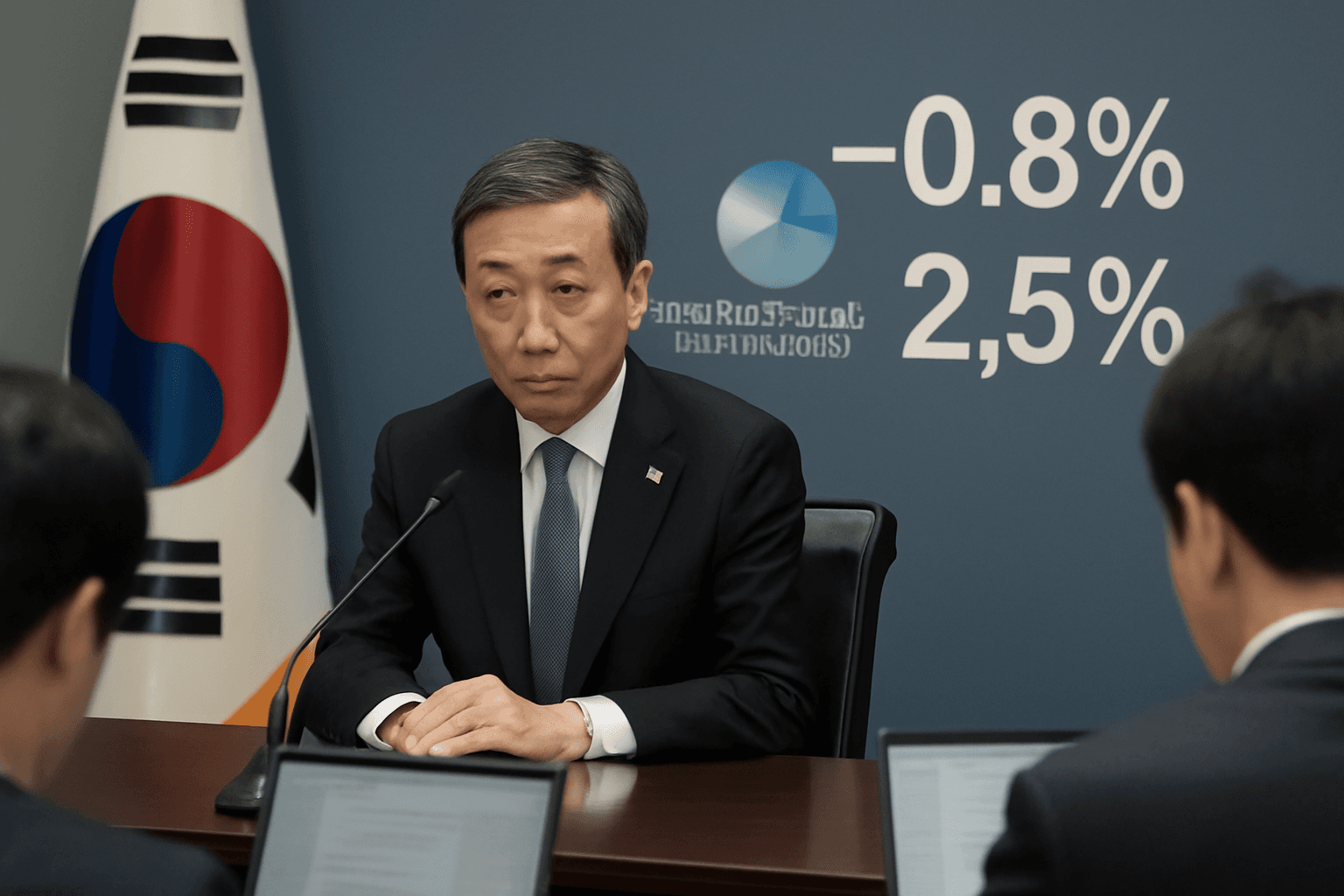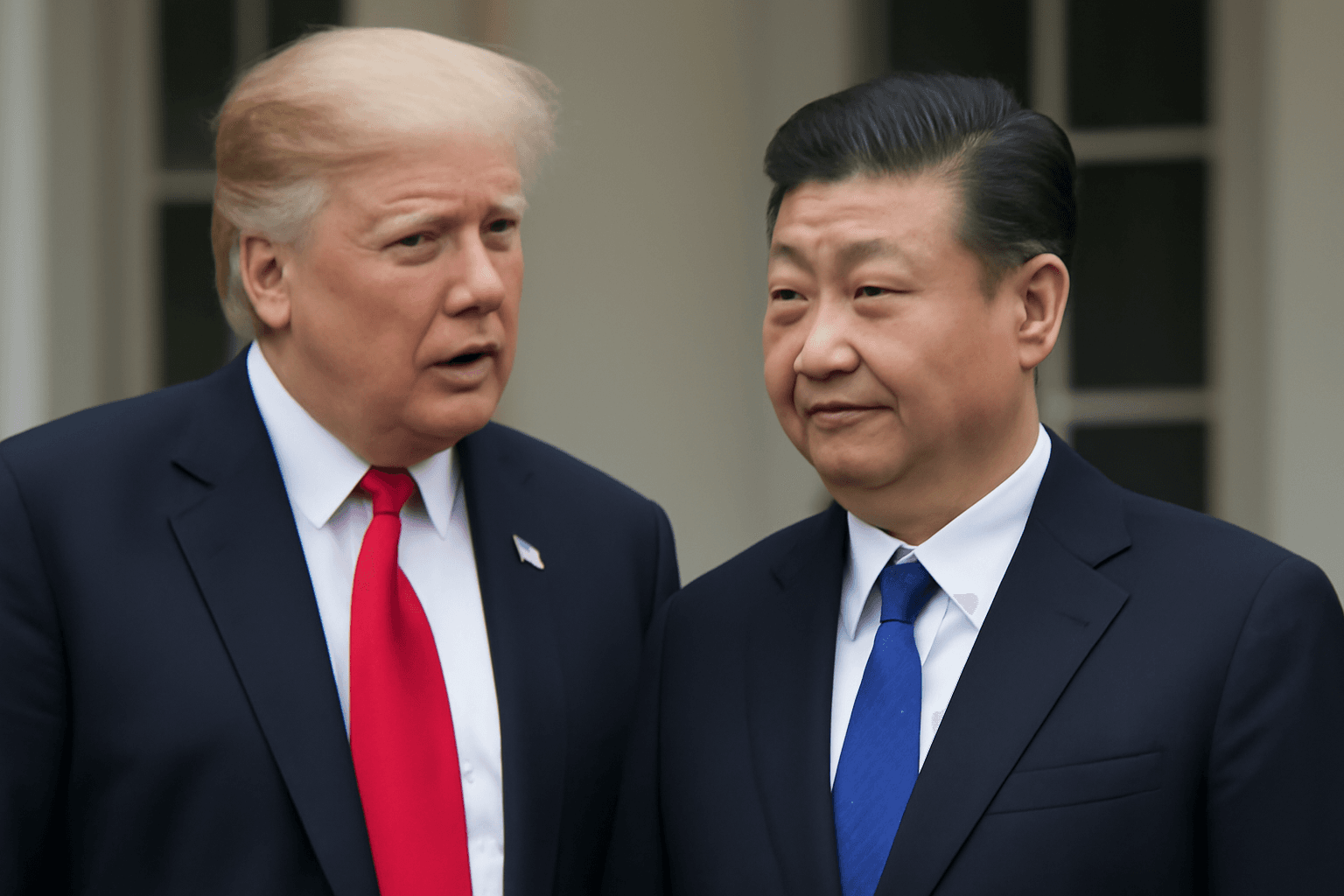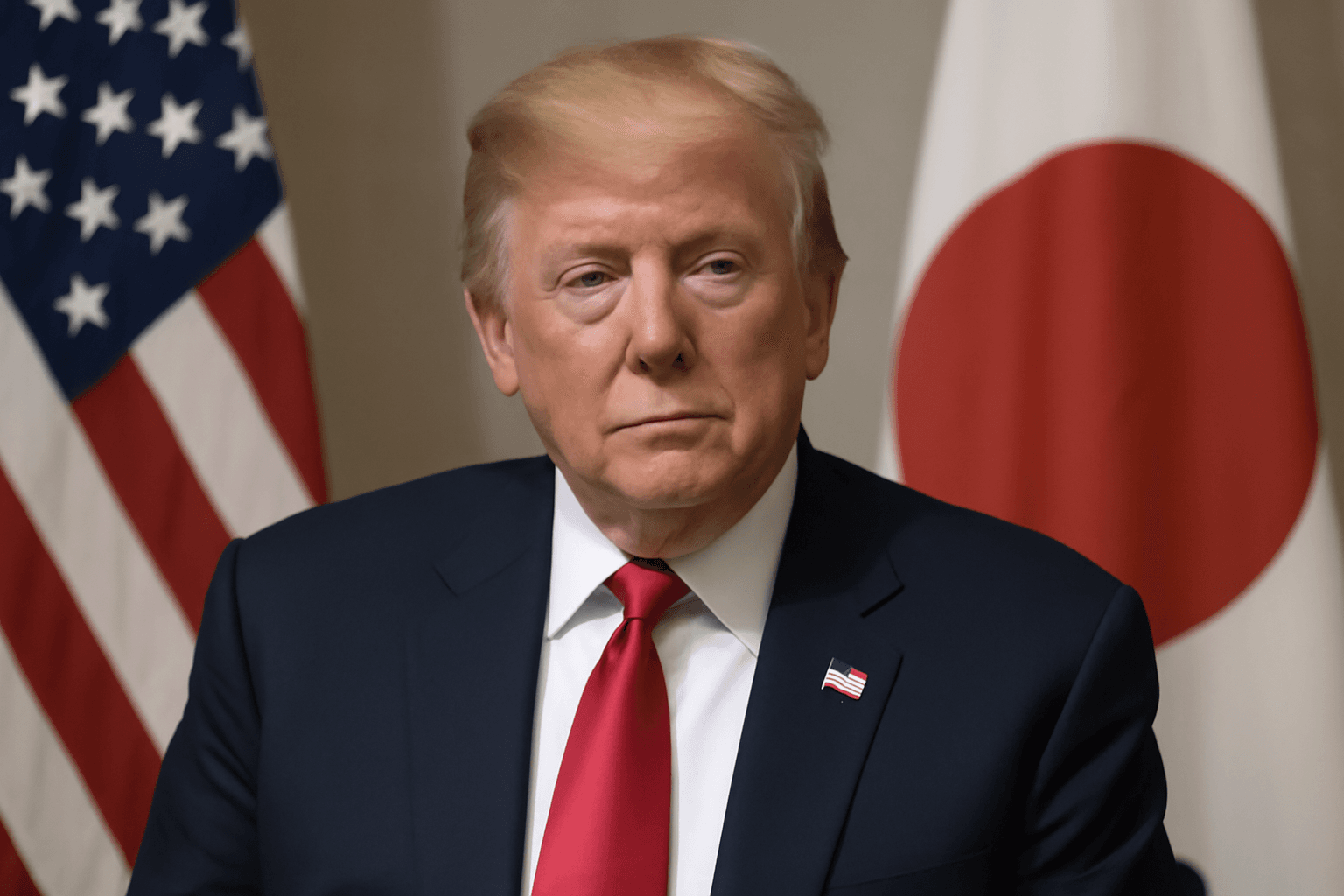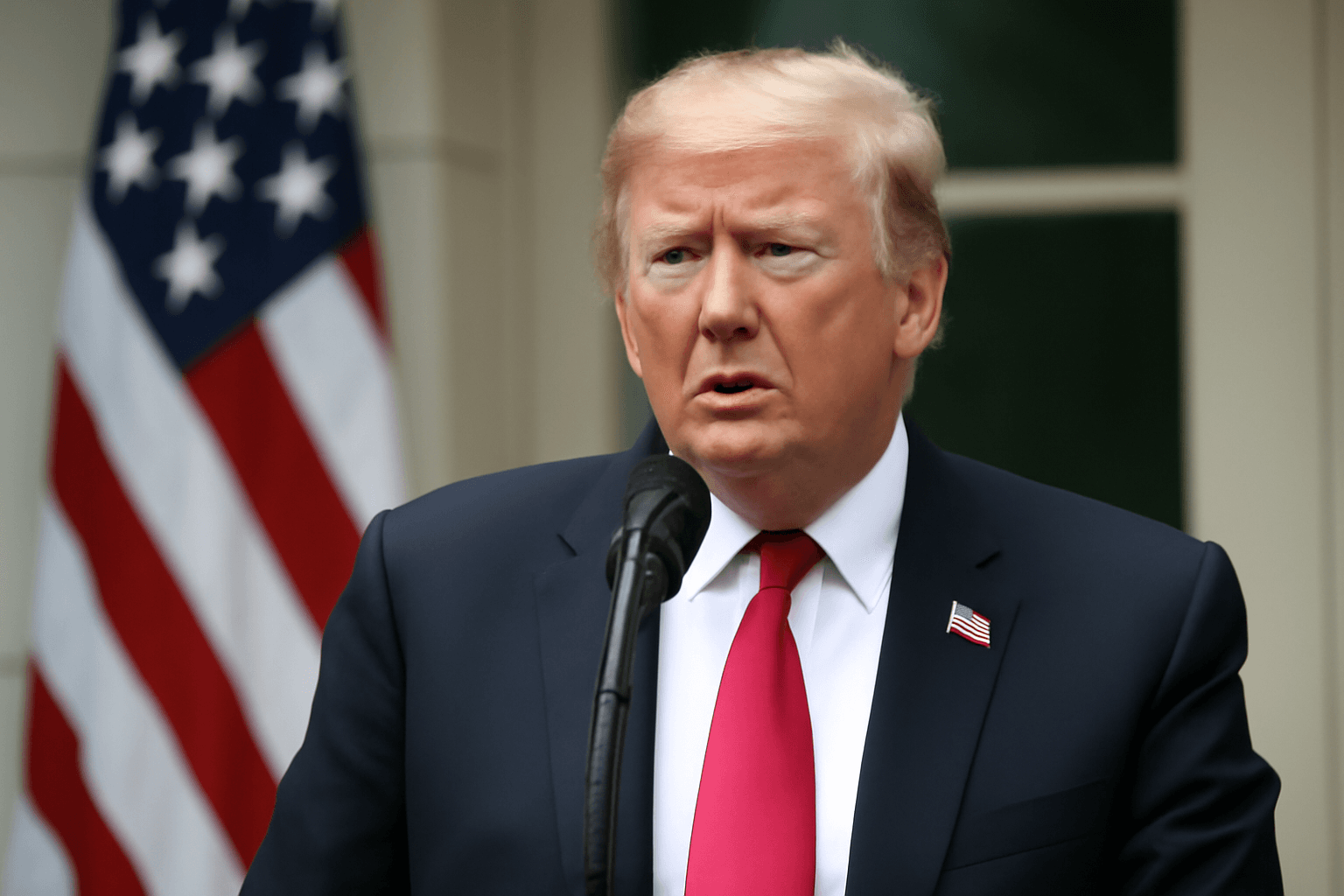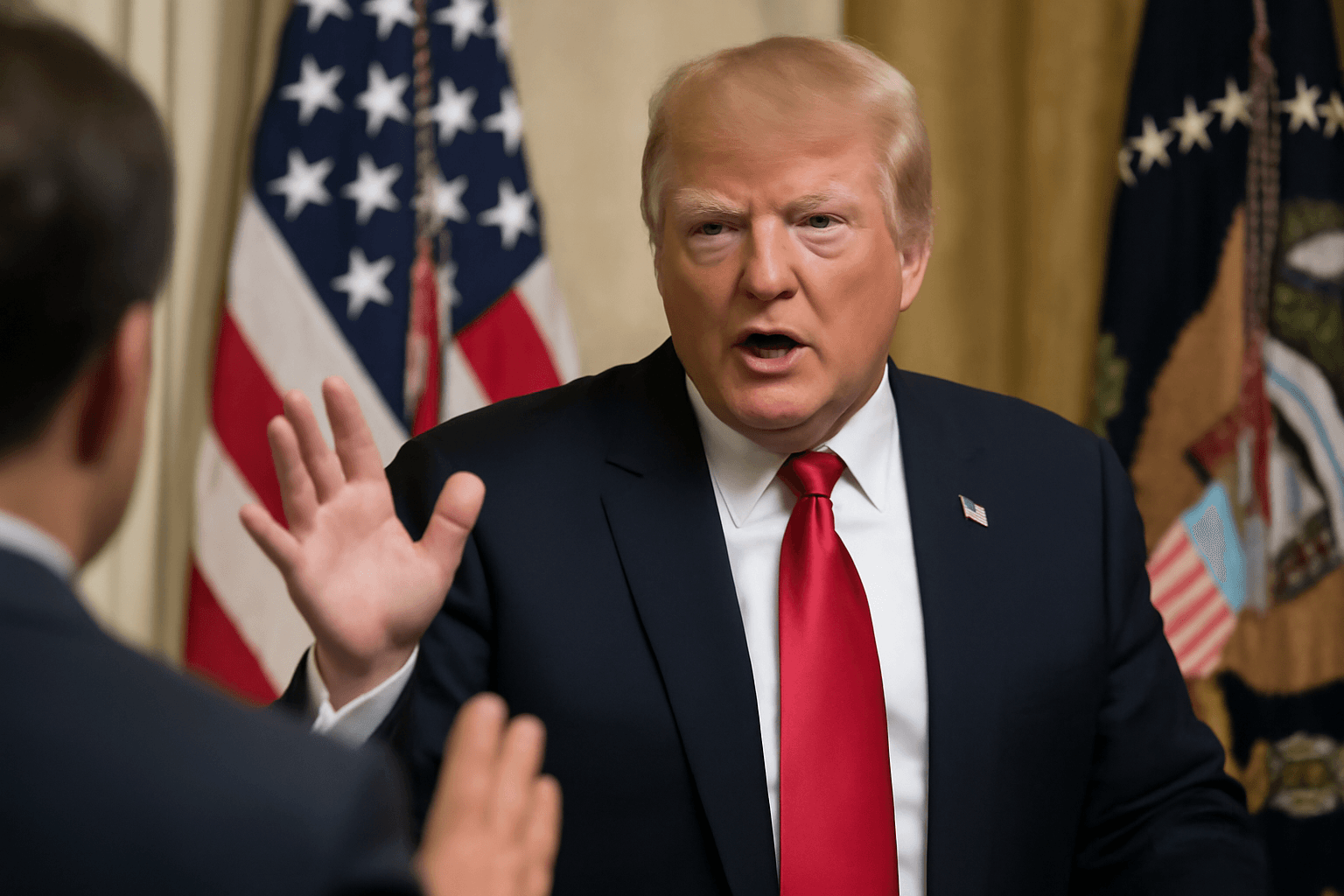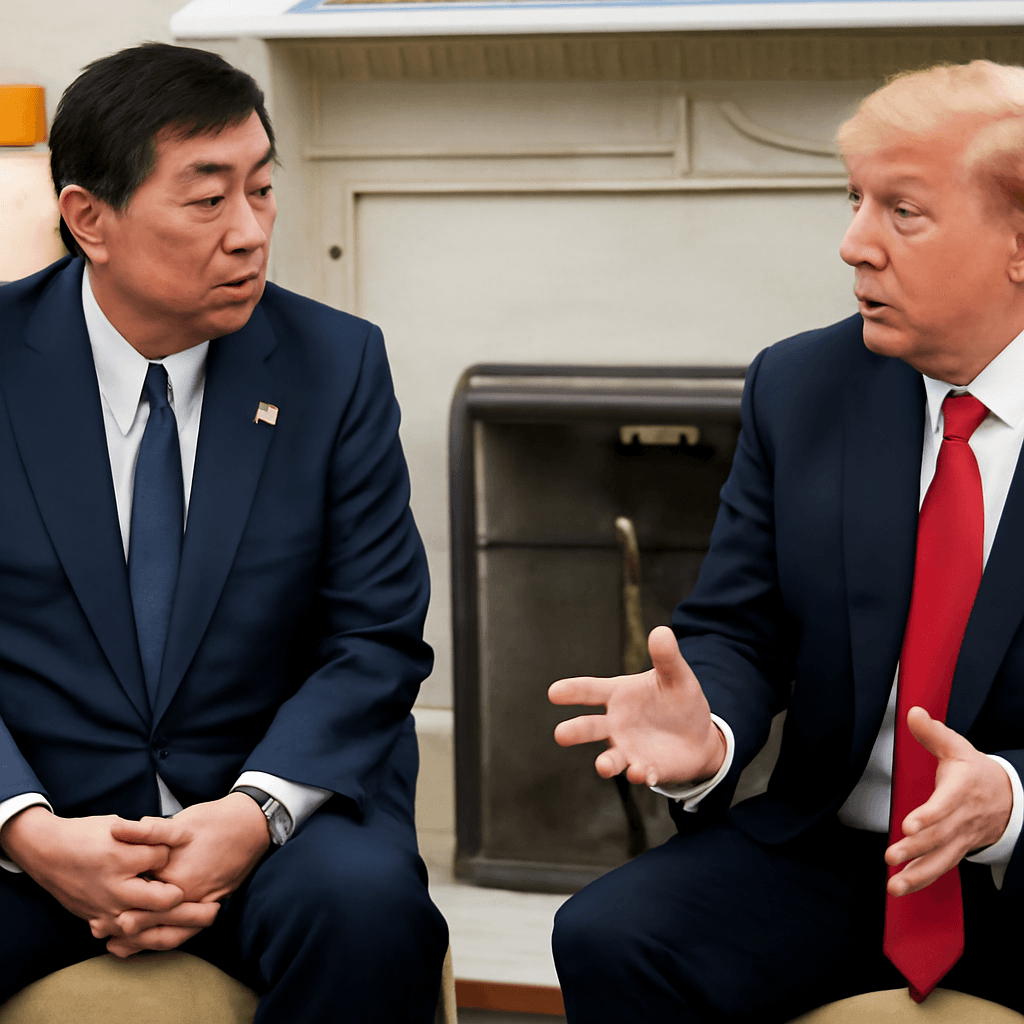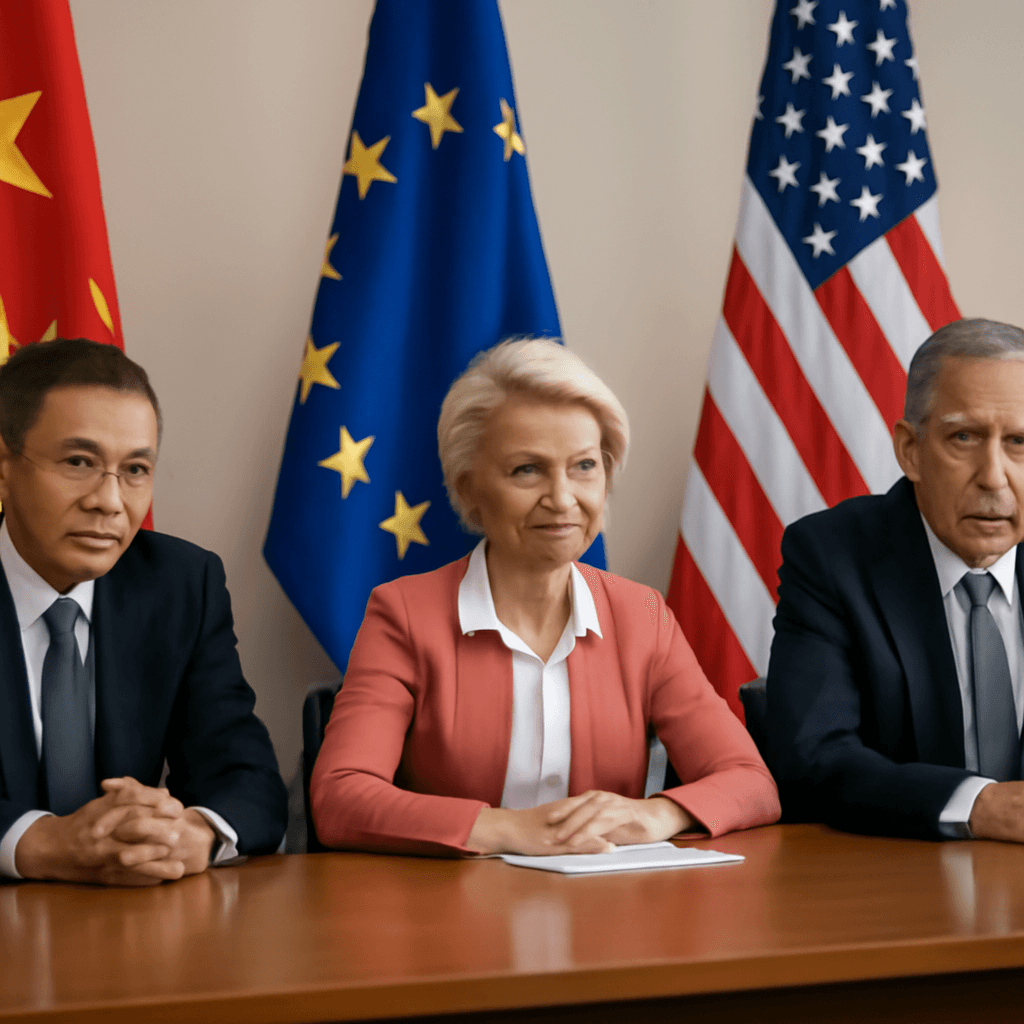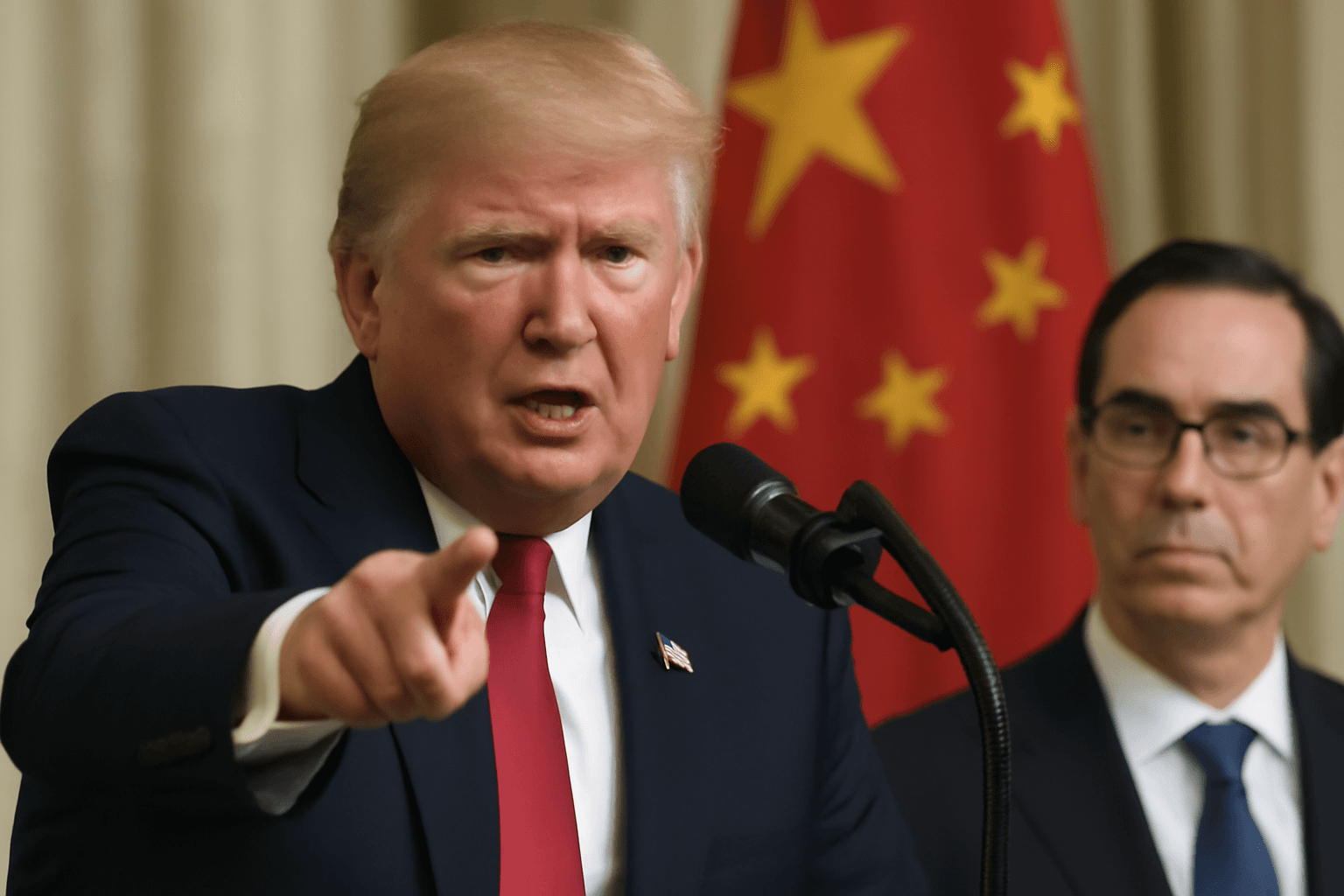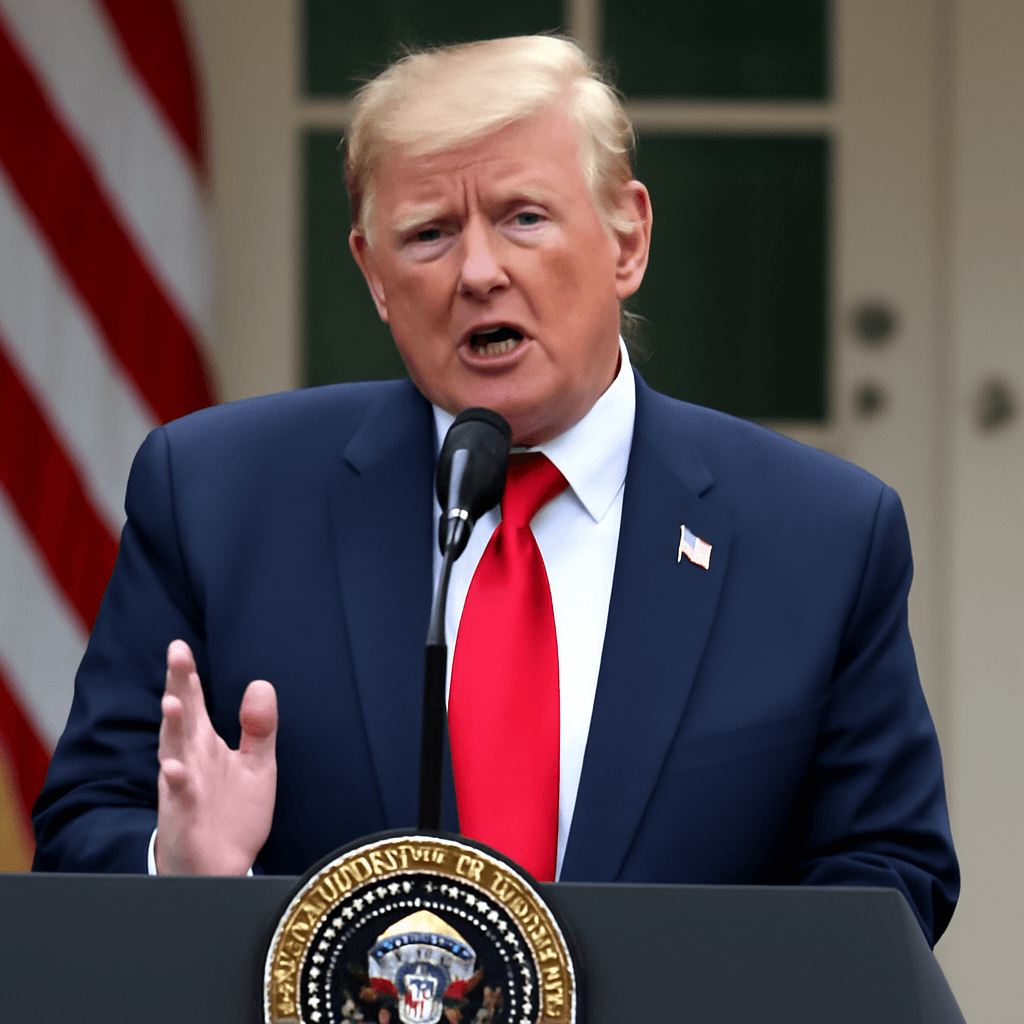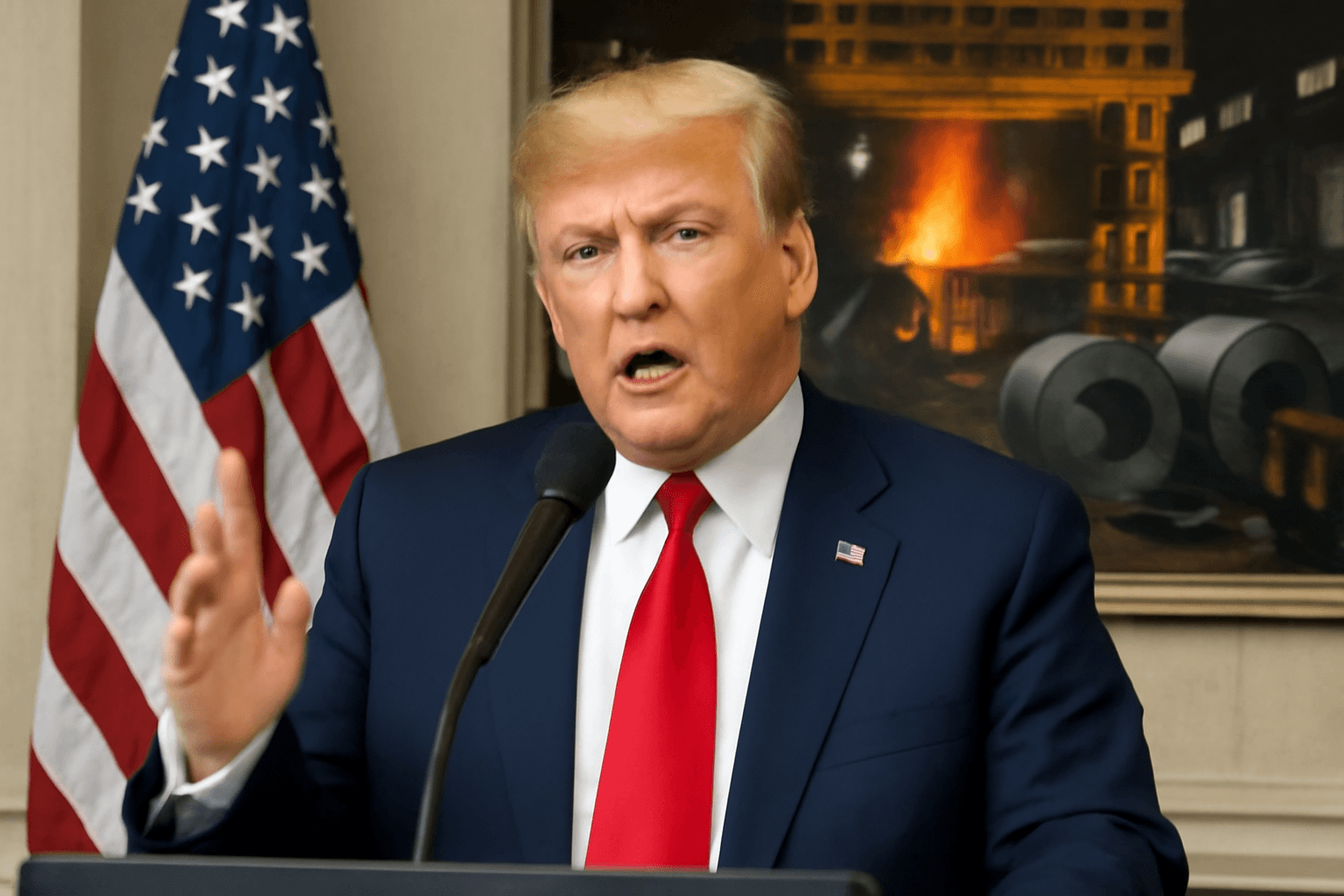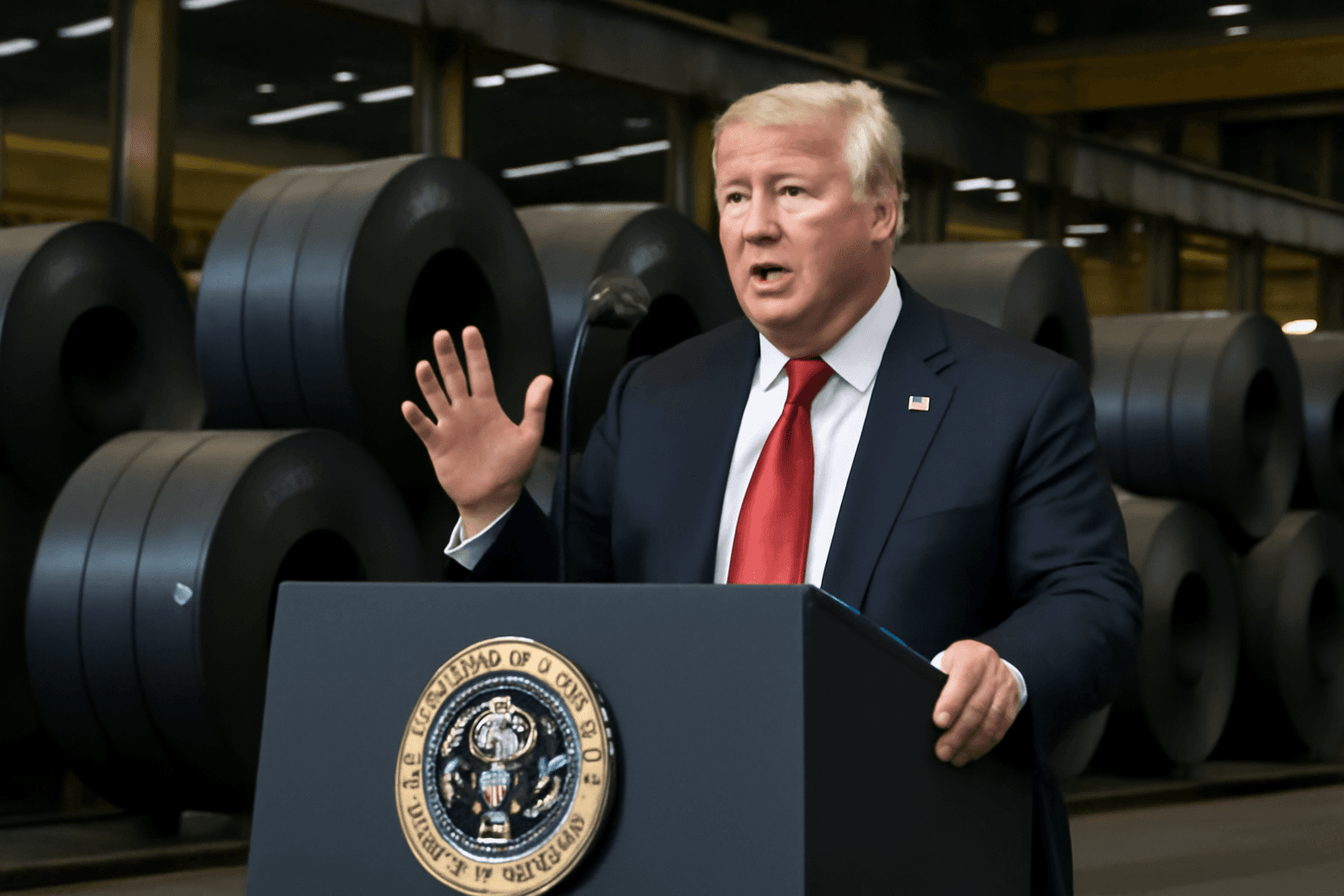EU Advocates for Reduction of US Tariffs Amidst Escalating Trade Disputes
The European Union is intensifying efforts to persuade the United States to reduce or eliminate tariffs, aiming to ease growing trade tensions following the US announcement to double import duties on steel and aluminium to 50%.
Key Diplomatic Engagements Scheduled
European Trade Commissioner Maros Sefcovic is set to meet with US Trade Representative Jamieson Greer at an OECD gathering in Paris this Wednesday. Concurrently, EU technical teams will engage with their US counterparts in Washington throughout the week to negotiate resolutions.
EU's Stance on Tariffs
The European Commission, responsible for trade policies across its 27 member states, is firmly committed to seeking tariff reductions rather than allowing any increases. A spokesperson emphasized at a recent press conference that:
“We don’t want to go down the route of tariffs. Rather than have them increase, we want them to decrease and where possible eliminate them.”
This commitment underscores the EU's priority to prevent further escalation and protect transatlantic trade relations.
Background on Current Tariffs
- Current US Tariffs on the EU: The US imposes 25% tariffs on steel and automobile imports from the EU.
- EU Response: The EU has reciprocated with tariffs on a $24 billion (approximately 21 billion euros) package of US imports; however, these counter tariffs remain suspended to allow for negotiations.
- Pending Tariff Adjustments: The EU is considering countermeasures on a broader scale that could impact up to 95 billion euros worth of US imports.
- Tariff Pause Agreement: US tariffs on certain EU goods are temporarily set at 10%, down from a provisional 20%, during a 90-day pause in effect until July.
Potential Impact and Next Steps
The European Commission has indicated that unless a mutually acceptable solution is reached, the countermeasures on US imports could be implemented automatically by July 14 or earlier if necessary. The EU has also expressed strong regret over the US decision to double steel tariffs, highlighting the risks such trade tensions pose to both economies.
Efforts this week will play a crucial role in determining the future trajectory of US-EU trade relations, with both technical discussions and high-level political negotiations underway.


